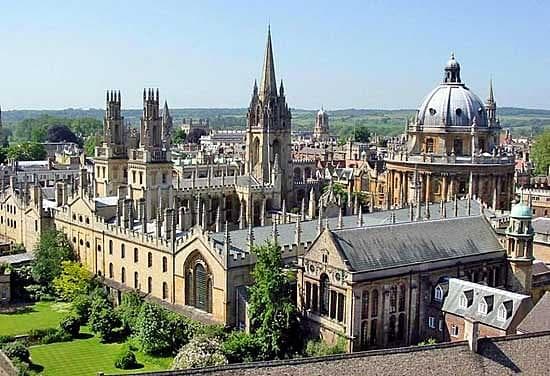The MPhil is a two year course. In the first year, you will undertake the coursework associated with the MSc in Biodiversity Conservation and Management. The course content is rooted in our established strengths in conservation biogeography, governance and planning, in global change and in research design. The course design also responds to the rise of market-based conservation including engagements with enterprise and the transformative potential of new technologies.
The specific course objectives are to develop your abilities to:
- critically engage with concepts and theory in biodiversity science and management from interdisciplinary perspectives
- describe by whom and by what space and territory is designated and governed for conservation over time
- critically assess the modes through which conservation builds and extends power and describe in detail the factors that explain the emergence and performance of different types of governance
- appreciate the role of ethics, values and societal norms in producing culturally attuned and effective conservation interventions
- evaluate the implications of emergent technologies for the future of biodiversity science and management
- link hypothesis, theory, methods, data and field work to identify and develop advanced research questions and design.
The objectives are assessed through three themes; Biodiversity science, Conservation ethics and values, and Biodiversity policy and management, delivered through eight core modules: conservation landscapes, conservation biogeography, conservation governance, species responses to climate change, conservation and society, economics of the environment, global change and the biosphere and biodiversity technologies. Teaching for the core modules takes place through lectures, seminars, workshops, field trips and study days. There is also a skills-based module to develop research and professional skills.
Alongside the core modules in the first two terms, you will choose two elective modules. The elective modules offer a tutorial-style teaching environment with smaller groups, based on a suite of contemporary research themes that reflect the specific interests of core faculty and visiting research associates. The teaching aim is to foster discussion and debate between academic staff and students. In the final term of the course, you will undertake an independent and original research project.
The second year is devoted to researching and writing a thesis of 30,000 words. The research topic will be devised in your first year and, once approved, a supervisor will be allocated to you. In your second year you will also take a third elective module.


